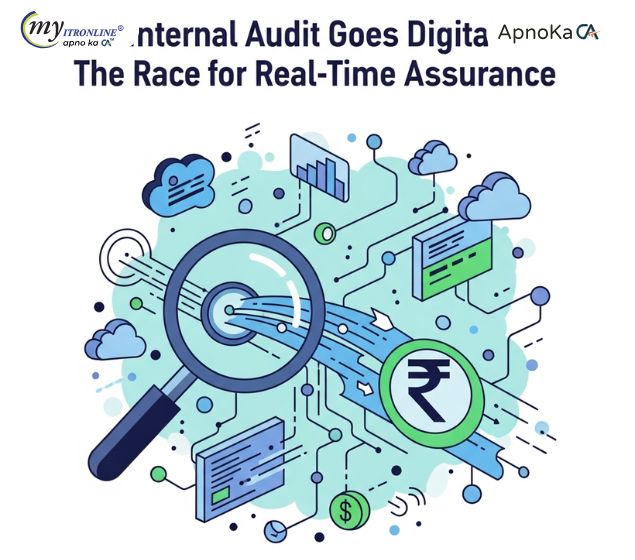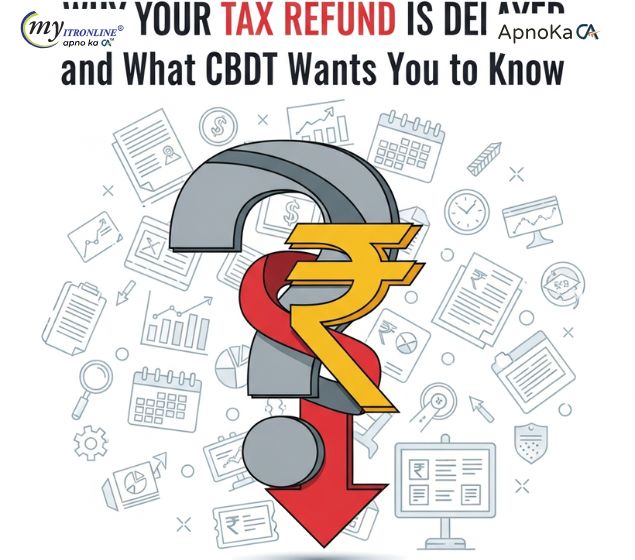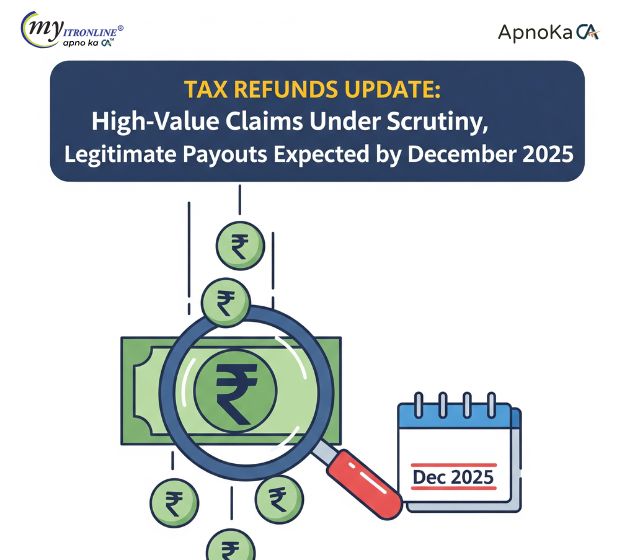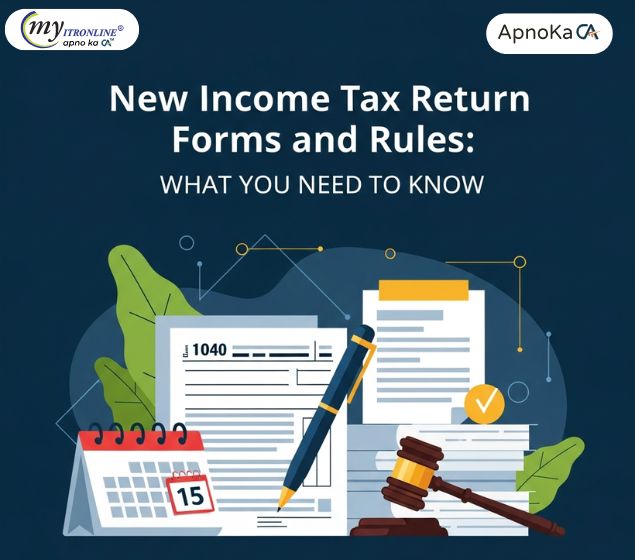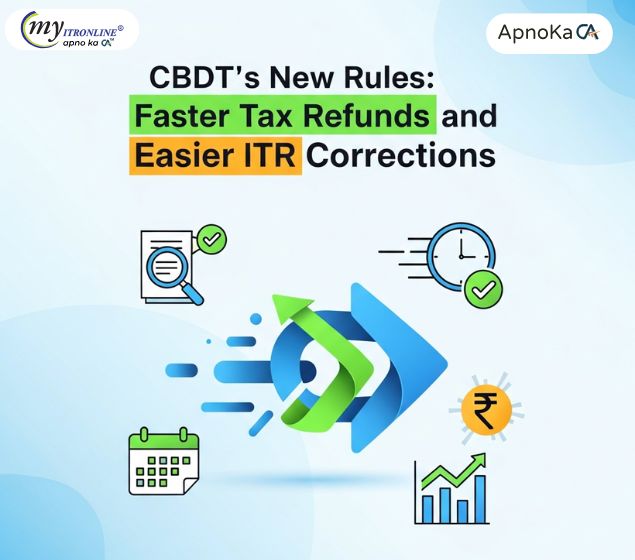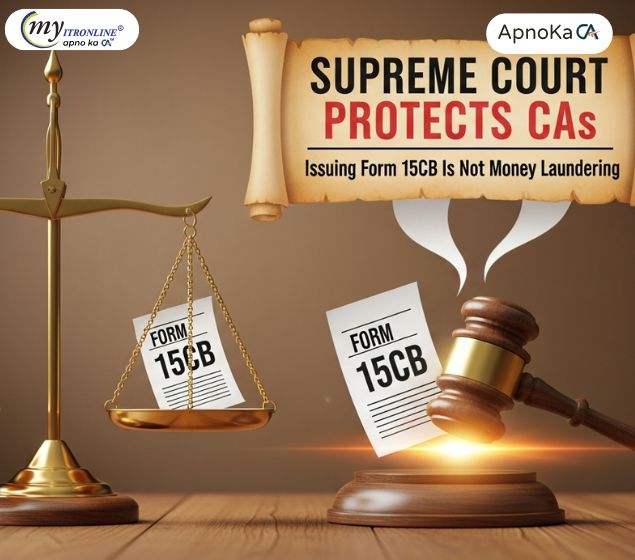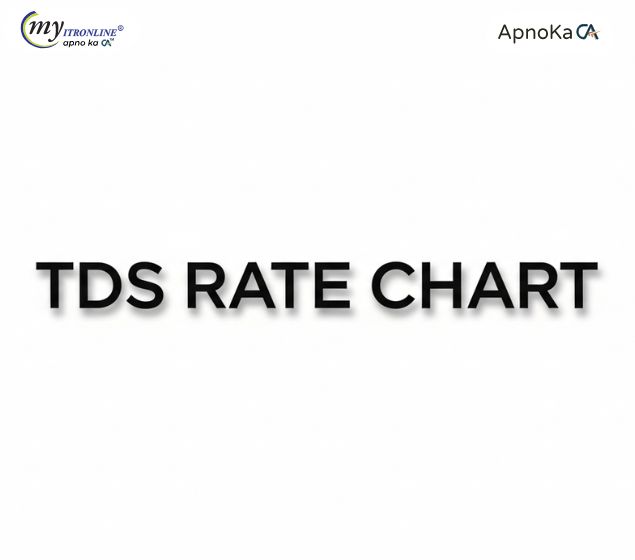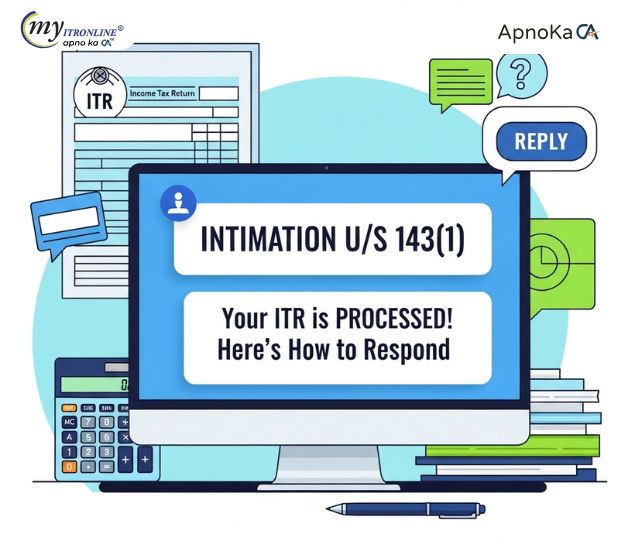Your Farm Money and Taxes in India: What You Need to Know (FY 2024–25 Onwards)
This blog post demystifies the tax treatment of agricultural income in India for the Financial Year 2024-25 onwards. It clearly defines what constitutes agricultural income and what does not. The post explains the crucial concept of "partial integration," a unique tax calculation method for individuals with both agricultural and non-agricultural income, illustrating it with a simple example. It also highlights essential compliance requirements like reporting agricultural income in ITR and maintaining records, alongside reasons for the historical tax exemption.
.jpg )
India is a country where farming plays a vital role, with many people relying on it. Because of this, the rules for taxing money earned from farming have some unique features. Let’s explain how agricultural income works with taxes in India, especially for the financial year starting April 1, 2024, and beyond.
So, What Exactly is "Agricultural Income"?
The Indian tax law (Income Tax Act, 1961) provides a clear definition for what qualifies as "agricultural income." It generally falls into three categories:
Money from Renting Out Farm Land:
If you own farmland and rent it out to someone who uses it for farming, the rent you receive is considered agricultural income. Your land is helping someone else farm, and you’re getting paid for it.
Money from Actually Farming:
This is the most common type of agricultural income and includes:
- Growing things: Any money you earn from planting, cultivating, and harvesting crops, fruits, and vegetables falls under this category. This is the primary farming activity.
- Making produce ready for market: After harvesting, you often do simple tasks to make your produce sellable, such as drying grains, cleaning vegetables, or packaging fruits. The income from these basic activities that prepare your produce for sale is also agricultural income.
- Selling your farm produce: Any money you receive from selling the crops or produce you grew counts as agricultural income.
Money from Farm Buildings:
If you have a building on your agricultural land, such as a house, storage shed, or barn, and you use it for farming activities—like storing tools, keeping harvested crops, or living there—any income from that building can also be considered agricultural income. However, there is a condition: your land must either be taxed by the local government or be outside specific city limits.
Simple Rule: To be considered agricultural income, there needs to be some human effort or work involved in cultivating the land. Just owning farmland and selling it, without any farming activity, does not qualify for agricultural income.
What's NOT Usually "Agricultural Income"?
It's important to know what doesn't count as agricultural income, as these may be taxable:
- Dairy, Poultry, Fish Farming: If you earn money from milk production, raising chickens, or fishing, this is usually seen as business income and can be taxed. It’s different from growing crops.
- Selling Naturally Grown Trees: If trees grew on their own and you just cut and sell them, that’s usually not agricultural income. However, if you cultivate a forest, it might be different.
- Mining or Quarrying: Income from extracting minerals or stones from your land is not considered agricultural income.
- Dividends from Farming Companies: If you invest in a farming company and receive dividends, that’s treated as normal investment income, not agricultural income.
- Just Decorating Flowers (No Growing): If you buy flowers and arrange them for sale without growing them yourself, that’s not agricultural income.
How Taxes Work for Your Farm Money (FY 2024-25 Onwards)
Here’s the main point: Agricultural income is usually completely free from income tax in India. This comes from a special rule (Section 10(1) of the Income Tax Act). If your income fits the definition of agricultural income, you generally don’t pay any income tax on it.
However, there is an important calculation called the "Partial Integration Scheme," which applies to individuals, Hindu Undivided Families (HUFs), and some other groups.
The "Partial Integration" Trick:
This trick comes into play if:
- Your total agricultural income for the year is more than ₹5,000.
- Your other income (like salary, rental income, business profits—anything not from farming) exceeds the basic amount you can earn without paying tax. This basic limit is currently ₹3,00,000 for those choosing the New Tax Regime or ₹2,50,000 for the Old Tax Regime for individuals under 60 years old.
How This Trick Works (Let’s simplify it):
The government uses this trick to ensure that if you have substantial tax-free farming income, your other income gets taxed fairly, possibly moving it into a higher tax bracket.
Step 1: Calculate Tax on ALL Income (assuming it’s all taxable). First, add your agricultural income to your non-agricultural income. Then, calculate the income tax on this total using the normal tax slab rates that apply to you. This gives an idea of what "overall tax rate" you would fall into.
Step 2: Calculate Tax on a Smaller Amount. Take the basic tax-free limit (e.g., ₹3,00,000) and add your agricultural income to it. Calculate tax on this new total using the same tax slab rates.
Step 3: Subtract! Lastly, subtract the tax amount from Step 2 from the tax amount from Step 1. The result is the actual income tax you owe on your non-agricultural income.
Think of it this way: Your agricultural income is not taxed directly, but its presence can cause your other income to fall into a higher tax range during the calculation. This can lead to you paying more tax on that other income than if you had no agricultural income.
Example (Using New Tax Regime for FY 2024-25, for clarification):
Let’s say:
- Your Salary (Non-Farming Income): ₹8,00,000
- Your Farming Income (Agricultural Income): ₹1,00,000
- Basic Tax-Free Limit (New Regime for most individuals): ₹3,00,000
Calculate tax on Total (Salary + Farming): ₹8,00,000 + ₹1,00,000 = ₹9,00,000
Tax on ₹9,00,000 (New Regime rates):
- ₹0 - ₹3,00,000: No tax (0%)
- ₹3,00,001 - ₹6,00,000: 5% of ₹3,00,000 = ₹15,000
- ₹6,00,001 - ₹9,00,000: 10% of ₹3,00,000 = ₹30,000
- Total Tax (Step 1) = ₹45,000
Calculate tax on (Basic Limit + Farming Income): ₹3,00,000 + ₹1,00,000 = ₹4,00,000
Tax on ₹4,00,000 (New Regime rates):
- ₹0 - ₹3,00,000: No tax (0%)
- ₹3,00,001 - ₹4,00,000: 5% of ₹1,00,000 = ₹5,000
- Total Tax (Step 2) = ₹5,000
Your Actual Tax Bill: ₹45,000 (from Step 1) - ₹5,000 (from Step 2) = ₹40,000
So, even though your ₹1,00,000 farming income isn’t taxed, it affected the calculation, resulting in a ₹40,000 tax bill on your non-farming income.
Important Things to Keep in Mind (For FY 2024-25 and Beyond):
- You MUST Report It in Your Tax Return (ITR): Even if your agricultural income is tax-free, if it’s over ₹5,000, you must report it in your Income Tax Return. There are specific sections in the ITR forms (like Schedule EI) where you declare this. Not reporting it could lead to issues with the tax department.
- Keep Good Records: It’s wise to maintain clear records of your farmland, what you grew, how much you sold it for, and any expenses. This helps show that your income is truly agricultural if needed.
- Mixed Income Products (Tea, Coffee, Rubber): For certain products like tea, coffee, and rubber, the rules differ. A fixed percentage of the income is considered agricultural and tax-free, while the rest is seen as business income and taxable. For example, with tea, 60% is agricultural and 40% is business income.
- Heavy Processing: If you heavily process your farm produce (like turning sugarcane into sugar), the income from that manufacturing part becomes taxable business income. Only the value of the sugarcane before processing is considered agricultural income.
Why Is Farm Income Tax-Free?
This rule has been in place for years in India. Here are some main reasons:
- State Control: Agriculture is mainly managed by individual states in India, not the central government. Thus, the central government avoids taxing it to respect state powers.
- Helping Farmers: It supports farmers, who are crucial for providing food and sustaining rural areas.
- Too Hard to Manage: Tracking and taxing every small farmer across such a vast country would be extremely challenging for the tax department.
Conclusion,
For FY 2024-25 onwards, the main idea is that your money from farming is generally exempt from income tax in India. However, if you also have significant other income, the "partial integration" rule will apply, affecting how your non-agricultural income is taxed.
Always remember to accurately declare your agricultural income in your tax return and maintain good records. If you’re ever uncertain, it’s a good idea to consult with a tax expert for clarity and to ensure you’re following all the rules. Knowing these details can help you avoid future issues and manage your finances more effectively!
FILING YOUR INCOME TAX RETURN F.Y 2024-25 (A.Y. 2025-2026) WITH MYITRONLINE
The income tax filing deadline is right around the corner. If you haven’t filed yet, do it today with Myitronline! Avoid last minute rush and file your tax return today on MYITRONLINE in Just 5 mins.(www.myitronline.com)
If you are looking for eCA assistance to file your income tax return/ GST, you can opt for MYITRONLINE eCA assisted plan starting
Upload Salary Individual Form-16
If you have any questions with filing your tax return, please reply to this mail. info@myitronline.com OR call 9971055886,8130309886.
Note-All the aforementioned information in the article is taken from authentic resources and has been published after moderation. Any change in the information other than fact must be believed as a human error. For queries mail us at marketing@myitronline.com
Krishna Gopal Varshney
An editor at apnokacaKrishna Gopal Varshney, Founder & CEO of Myitronline Global Services Private Limited at Delhi. A dedicated and tireless Expert Service Provider for the clients seeking tax filing assistance and all other essential requirements associated with Business/Professional establishment. Connect to us and let us give the Best Support to make you a Success. Visit our website for latest Business News and IT Updates.
Leave a reply
Your email address will not be published. Required fields are marked *Share this article
Krishna Gopal Varshney, Founder & CEO of Myitronline Global Services Private Limited at Delhi. A dedicated and tireless Expert Service Provider for the clients seeking tax filing assistance and all other essential requirements associated with Business/Professional establishment. Connect to us and let us give the Best Support to make you a Success. Visit our website for latest Business News and IT Updates.
View articles









